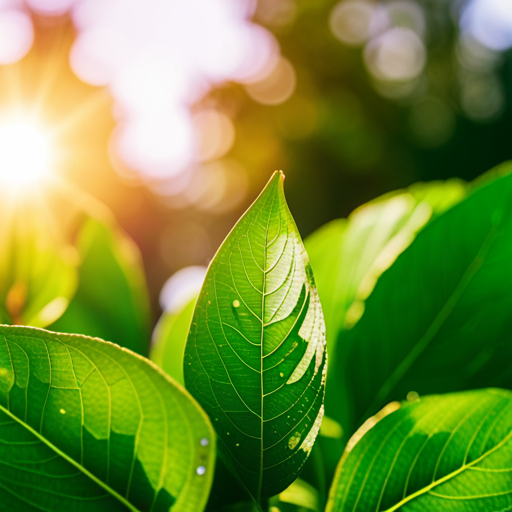Are you concerned about the impact of your water softener on your health and the environment? Sodium chloride has been the go-to option for removing minerals like calcium from your water supply, but it can also contribute to high sodium intake. Fortunately, there is a healthier alternative: potassium chloride.
Potassium chloride is 99.9% free of sodium and offers a nutrient-rich option for removing minerals from your water supply. Not only is it better for your health, but it also benefits your plants by providing them with essential nutrients.
In this article, we will explore the benefits of using potassium chloride in water softeners and why it may be a healthy lifestyle change for you and your plants. So, let’s dive in and discover the wonders of healthy water and happy plants!
Key Takeaways
– Potassium chloride is a healthier alternative to sodium chloride for water softening as it is 99.9% free of sodium and nutrient-rich.
– It benefits plants by providing essential nutrients and is more environmentally friendly than sodium chloride.
– Regular maintenance and care of water softeners is important to prevent major issues and ensure healthy, soft water for years to come.
– Excessive use of potassium chloride can cause bridging in the water softener, leading to malfunctioning.
Benefits and Drawbacks
You’ll want to consider the pros and cons of using potassium chloride in your water softener.
On one hand, potassium chloride is a healthier alternative to sodium chloride as it’s 99.9% free of sodium and is a healthy nutrient for both plants and humans. It also removes calcium from water, preventing scale build-up in pipes. Additionally, using potassium chloride in your water softener is better for the environment as it has a lower impact on plants and wildlife compared to sodium chloride.
On the other hand, it’s important to note that potassium chloride can be costly and hard to find. Excessive use can also cause bridging in the water softener, which can lead to malfunctioning. Regular salt checks are important for environmental and health reasons.
Despite these drawbacks, for those with sodium-related health issues, potassium chloride is a good option to consider for a healthier lifestyle change.
Comparing to Sodium Chloride
Comparing the two options, it’s important to note that potassium chloride is a more environmentally friendly choice than its sodium counterpart.
Sodium chloride can negatively affect plants, while potassium chloride is actually a healthy nutrient for them. Plus, when discharged, potassium chloride is better for the environment.
In terms of health benefits, potassium chloride is also a good option for those with sodium-related health issues. It’s 99.9% free of sodium, which removes calcium from water and prevents scale build-up in pipes.
Furthermore, up to 11% of the daily potassium minimum can be found in water softened with potassium chloride. So, not only does it benefit your home’s water system, but it also benefits your health and the environment.
Maintenance and Care
To keep your water softener running smoothly, it’s important to regularly maintain and care for it. Preventative measures can be taken to avoid any major issues with your water softener.
Firstly, it’s important to regularly check the salt levels in your brine tank to ensure that it’s not running low. Salt is what helps to regenerate the resin beads in your water softener and keep it running efficiently.
Additionally, it’s important to clean the resin tank at least once a year to remove any build-up or debris that may have accumulated over time.
In the event that your water softener does encounter problems, there are a few troubleshooting tips that you can try before calling in a professional.
If you notice that your water is not as soft as it should be, it may be a sign that your resin beads need to be replaced. Alternatively, if your water is too soft or slippery, it may be a sign that too much salt is being used during the regeneration process.
It’s important to address any issues with your water softener as soon as possible to prevent any further damage or inefficiencies. With proper maintenance and care, your water softener can continue to provide you with healthy, soft water for years to come.
Conclusion
So, there you have it! You’ve learned about the benefits of using potassium chloride in your water softener.
Not only is it a healthier alternative for you and your family, but it’s also better for your plants and the environment.
By using potassium chloride, you can rest easy knowing that you’re not adding unnecessary sodium to your diet, and you’re also doing your part in promoting sustainable living.
Just remember to properly maintain and care for your water softener, and you’ll be on your way to healthy water and happy plants.




